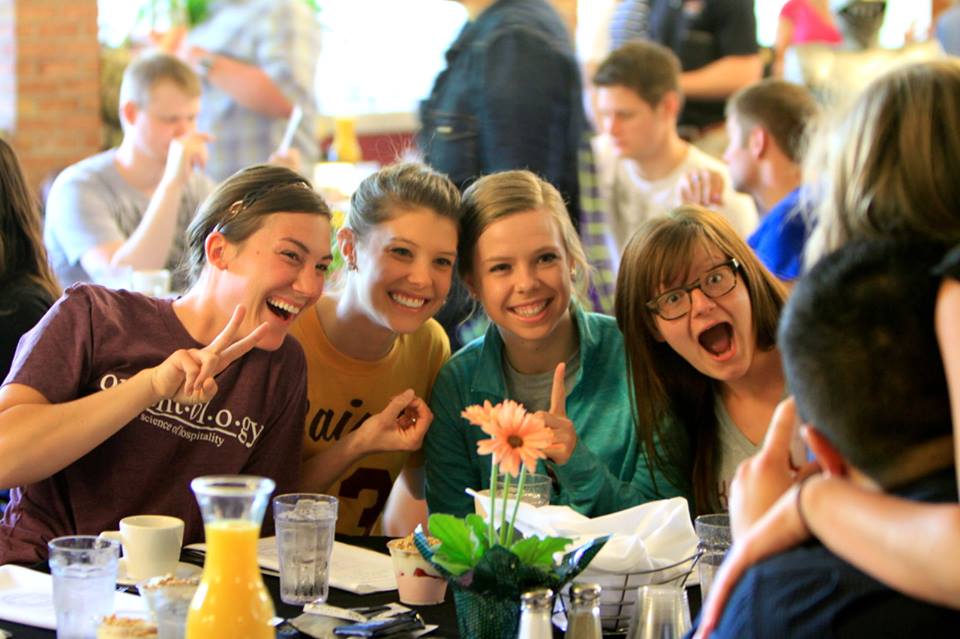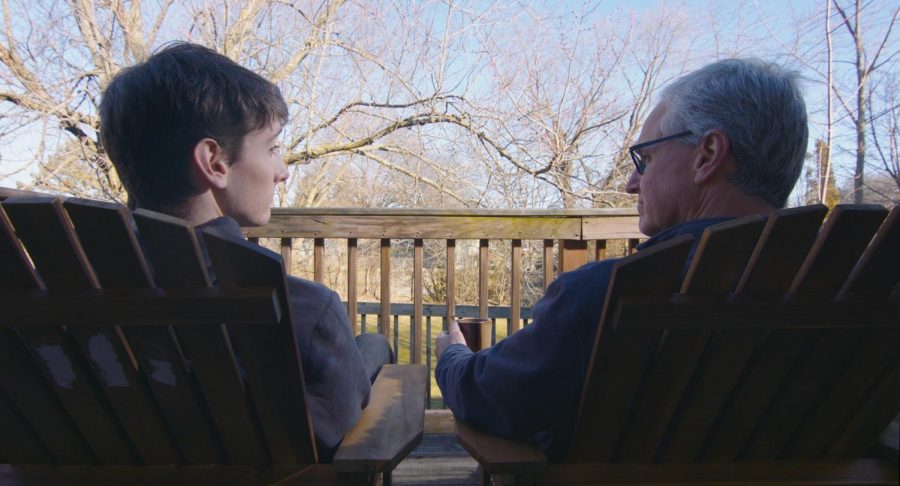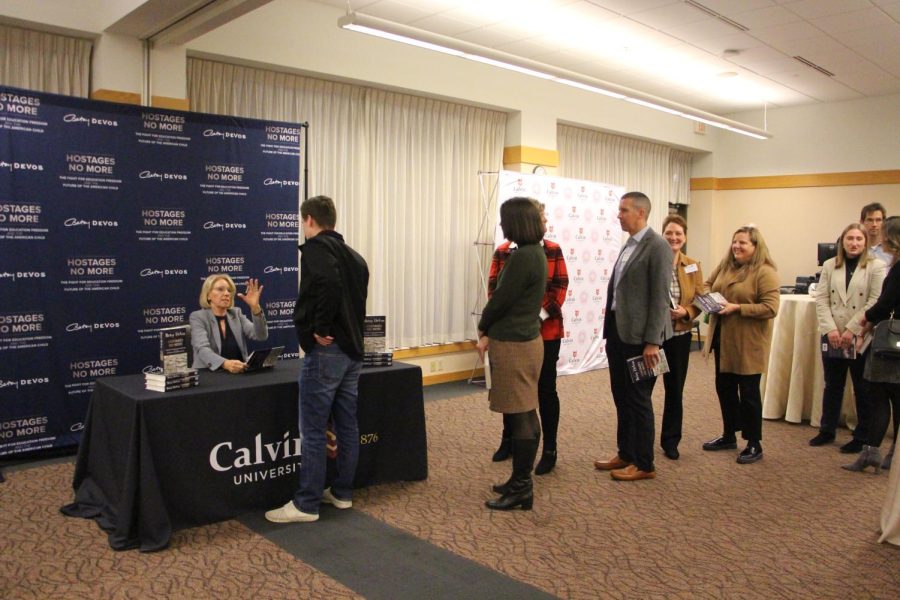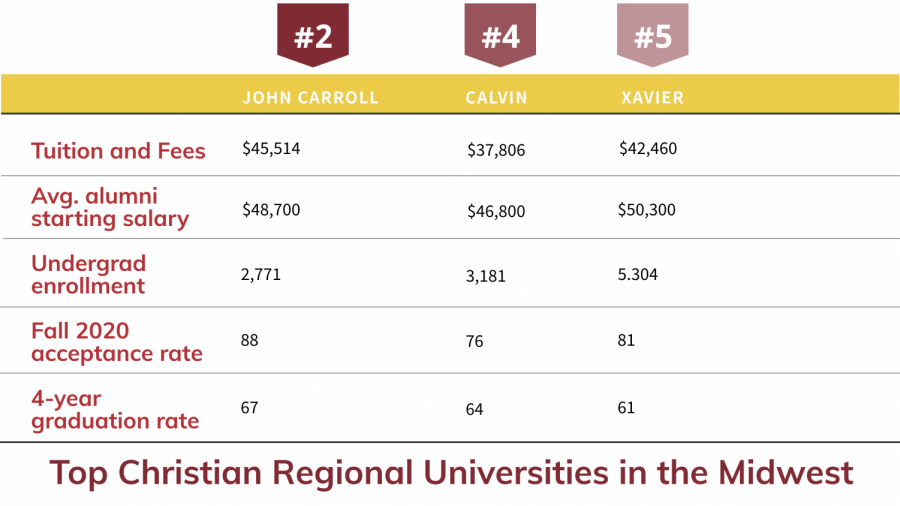The student development office is awarding grants to students who host responsible parties at off-campus Calvin student residences. The office is offering 10 grants this year with each amounting to a maximum of $50 for the party-thrower as reimbursement.
“We started back in either 2006 or 2007,” Bob Crow, dean of student development, said on the topic. “The whole idea is to promote good connection — a way to celebrate together responsibly.”
Crow said that there isn’t a set requirement for the type of events that can receive the grants: “It’s been such a range, like a group of students getting together for Saturday morning breakfast or hosting a Halloween party.”
The party grants, though designed for Calvin students, could also be used to bring in other members of off-campus students’ neighborhoods, such as families with children.
According to Crow, a party or gathering could possibly include as few as 10 students, or as many as 75, though there is no stated guideline for the number of attendees.
Crow noted that around 40 percent of Calvin students live off campus, which means that some of them might feel like less of a part of the community as the ones who do. He wants these otherwise-housed students to be able to come together, and the $50 grants are an incentive to do just that.
“I would like to enhance the sense of community,” Crow said. For off-campus students who have their own communities, Crow added, the grants are “a way to reward that.”
Students have to fill out a grant form in order to be considered for reimbursement. They need to keep the receipts from all their party-related purchases, which they hand in with their report of how the party went. Crow reads the report and determines whether or not the hosts should receive the $50 compensation.
“We’ve always set it at 10 [events to reimburse], and, typically, we’ve gone over that. So if there’s compelling reasons to expand it, we can, but we only have $500 to spend.”
Crow defined a “responsible” party as a party where “there would be no negative impact on the neighbors, no police involvement and, of course, no alcohol — it says so right on the grant itself.” In contrast, Crow noted an event in the past where off-campus students were being too loud at a party they hosted on their own, and the police had to become involved.
Crow explained that for the grants, “We say no alcohol because students can misuse it. It’s not the alcohol that’s bad; it’s the people who chose to do bad things with it.”
In regards to the possible negative connotations surrounding the word “party” among college students, Crow said:
“Let’s redeem the term — let’s have a party, responsibly hosted, and let’s celebrate together.”
Crow spoke about how much of a blessing it was that students were getting so involved with the community versus adopting common stereotypes of the college student: uncaring of the surrounding community and only caring about having a good time. He emphasized the importance of being respectful towards, and even including, neighbors in student off-campus student gatherings.
“That’s what we want,” he said. “We want our students to thrive in their neighborhoods, and we want neighbors to be blessed by our students.”







